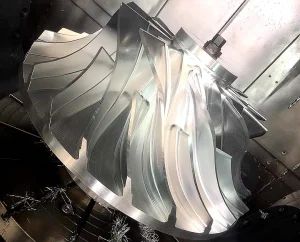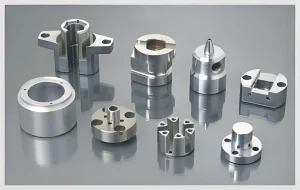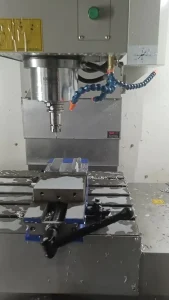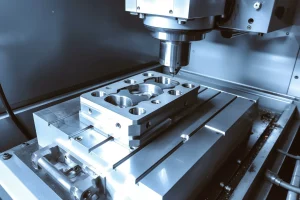In modern manufacturing, CNC Swiss machining is an efficient, precise, and flexible process. It can be used to create products of various shapes and significantly impacts machining speed. So, what factors directly impact CNC Swiss machining speed?
1. Tool Type
The type of tool used in CNC Swiss machining is a key factor in determining machining speed. Common tool types include turning tools, drills, milling cutters, and form tools. Choosing the right tool type can improve both machining speed and quality. Turning tools are well suited for slender parts, while ball end mills may be more suitable for special curved features. Therefore, choosing the appropriate tool type based on specific machining requirements can help improve machining speed.
2. Tool Material
Tool material is also a key factor influencing CNC Swiss machining speed. Common tool materials include carbide, high-speed steel, and ceramic. Different tool materials have varying hardness, wear resistance, and thermal conductivity. Carbide cutting tools have high hardness and wear resistance, making them suitable for high-speed cutting and increasing processing speeds. High-speed steel cutting tools, on the other hand, are relatively economical and suitable for lower cutting speeds. Therefore, selecting the right cutting tool material is key to increasing processing speed.
3. Cutting Parameters
Cutting parameters are a key factor influencing the processing speed of CNC Swiss machining. Cutting parameters include cutting speed, feed rate, and depth of cut. Properly setting cutting parameters can improve processing efficiency. Higher cutting speeds can increase processing speed, but excessively high speeds may cause tool wear or poor surface finish. Feed rate is also a key factor influencing processing speed. Appropriately increasing the feed rate can effectively improve processing efficiency. The depth of cut, however, should be determined based on specific processing requirements and material properties. Therefore, properly setting cutting parameters is crucial for improving CNC Swiss machining speed.
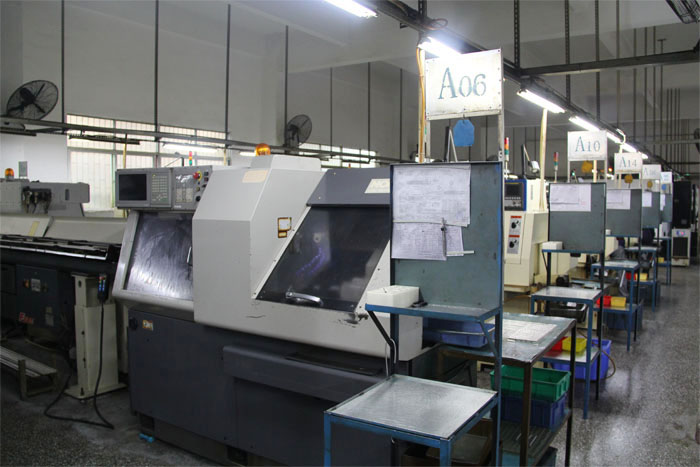
4. Machine Tool Performance
Machine tool performance is also a key factor influencing the processing speed of CNC Swiss machining. The rigidity, stability, spindle speed, guide bushing accuracy, and precision of the machine tool have a direct impact on processing speed. High machine tool rigidity and stability can increase processing speed while ensuring processing quality. Higher machine tool precision ensures machining accuracy and further increases machining speed. Therefore, when increasing the machining speed of CNC Swiss lathes, selecting high-performance machine tools is crucial.
Summary
CNC Swiss lathe machining speed is closely related to tool type, tool material, cutting parameters, and machine tool performance. Proper selection of tool type and material, optimal cutting parameter settings, and high-performance machine tools can increase machining speed and ensure optimal machining results. In the development of modern manufacturing, continuously improving Swiss lathe machining speed will bring greater competitive advantages and production benefits to companies.
About RapidEfficient
RapidEfficient specializes in high-precision CNC machining with 18 years of experience. Its products cover medical, communications, optics, drones, intelligent robots, automotive, and office automation parts.
The company’s CNC machining centers include four-axis, five-axis and linkage machine tools, and are equipped with precision projectors, three-coordinate measuring machines, spectrometers, and other precision testing equipment.
- Machining accuracy: up to 0.01 mm
- Testing accuracy: up to 0.001 mm


